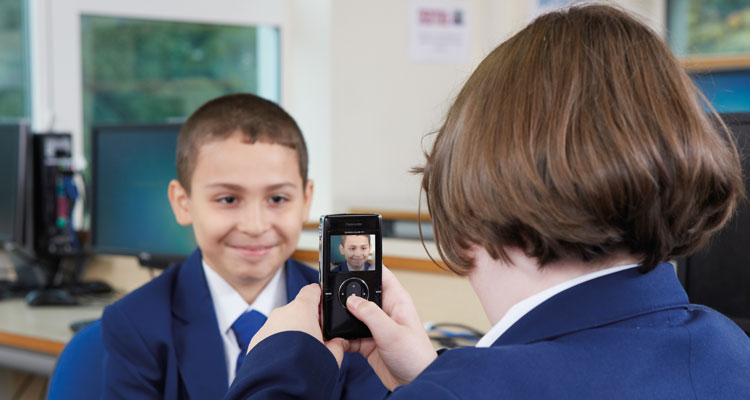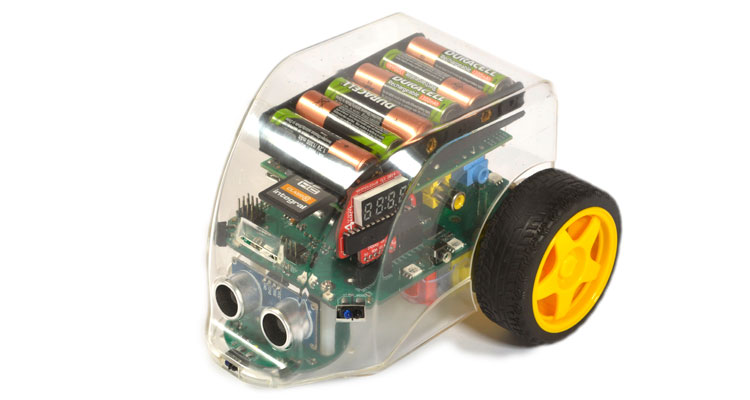Teach Secondary: What are the main things you are hearing from secondary schools at the moment?
One thing is for certain, the new curriculum is on everyone’s mind. Some subjects are facing wholesale changes whilst some have less sweeping changes to manage. Another challenge schools face is assessment without National Curriculum levels. Schools have plans already in place to manage these changes, and we are moving quickly, so we are supporting the new curriculum in our product ranges. Schools tell us they are looking for products which will fit their plans and also for products that ‘just work‘. They face enough challenges as it is, so having products that just work removes one hurdle.
Andy Bush
What advice can you give to secondary schools about teaching The new computing curriculum?
Schools face various challenges in embedding the new computing curriculum. This includes not just understanding it and teaching it, but also moving over to it. If pupils have little or no experience of the computing curriculum when they start, say Year 8, schools will have to catch students up with some of the KS1, KS2 and early KS3 content. This switch isn’t something that can happen overnight but schools are working out ways to move over. TTS has very successful products which have been used in primary schools for many years. Some of these products, such as Probot, will prove useful to Year 7 and 8. Our products are designed to just work – batteries in and away you go! We are also working on iterations of products and wholly new products which will serve the needs of schools and help them meet their challenges.
Do you think that secondary schools have anything to learn from the primary sector?
Schools can always learn from other schools be it same phase or cross phase. There are no magic solutions but good implementation of good ideas works well. Schools face the challenge of using Information Technology to develop pupils’ digital literacy and their understanding of computer science. Primary schools find it much easier to work across the curriculum and link learning together through themes. Secondary schools may need to consider how ICT and Computing departments can introduce new skills in IT and how other departments could provide a context to use those skills. If this can be joined up and jointly assessed it could help schools meet some of the challenges of available time.
How important is it, in your opinion, to take a creative approach to teaching across the whole curriculum?
In ICT, as with all subjects, schools have had to balance teaching new skills with applying those skills to real world contexts. Teaching computing is no different. Using newly taught skills to solve real world problems is a fantastic way to test those skills and see if they are fully understood. A creative approach will mean these contexts can come from all aspects of the curriculum.
What’s the next big thing for computing in secondary schools?
With the new computing curriculum in mind we are very excited to introduce our new programming range. We have worked hard to provide a range of resources which are designed to make programming visually engaging and fun for the students whilst being user friendly. Amongst other developments we will provide everything a school needs for the Raspberry Pi model B and B+ … and whilst we don’t want to give too much away, we will be launching some Raspberry Pi controlled robots which will boast various sensors and can be controlled using Scratch or Python.
Andrew Bush – Is an experienced Senior Consultant for eLearning and ICT. With 10 years teaching experience and 14 years in an Advisory role, Andy really is at the heart of delivering educational technology across the Key Stages. He is up to date with developments in Ed tech, and offers a creative flair to applying learning and teaching within ICT and Computing skills. Andy is also a developer of Electronic learning resources for TTS.
You can read more posts from Andrew Bush on the New Curriculum for Computing by clicking here




